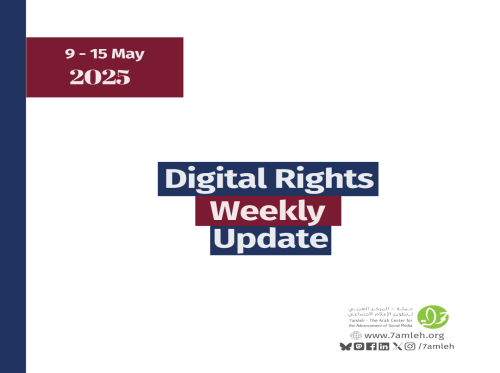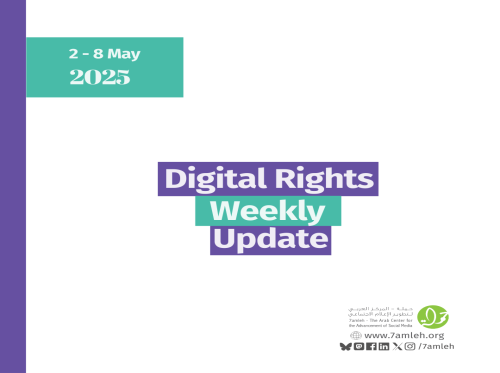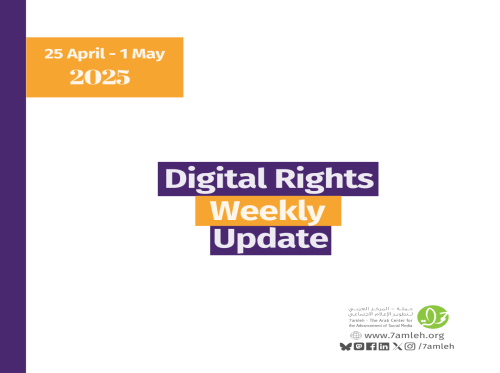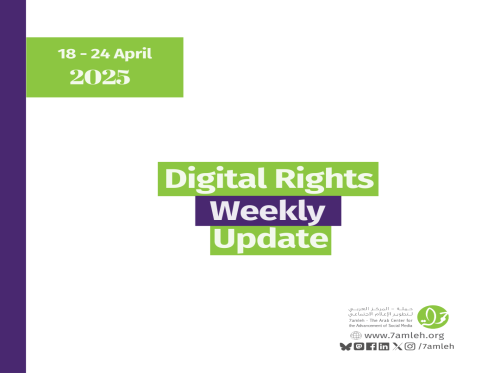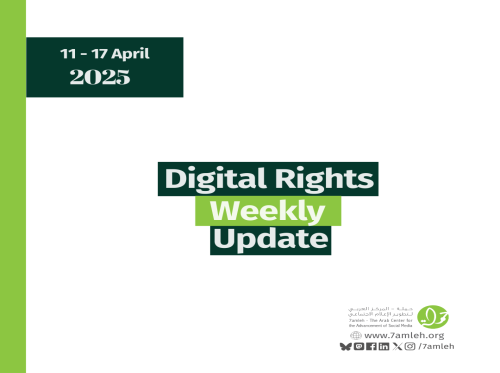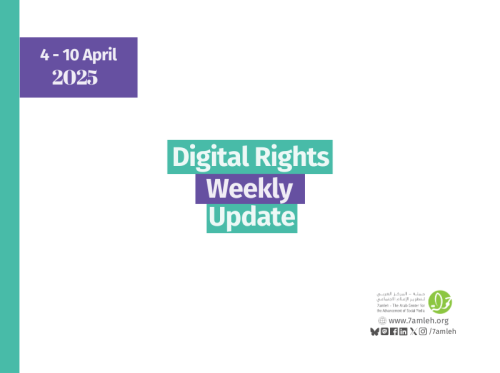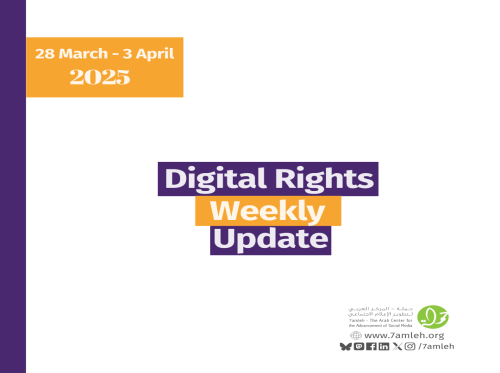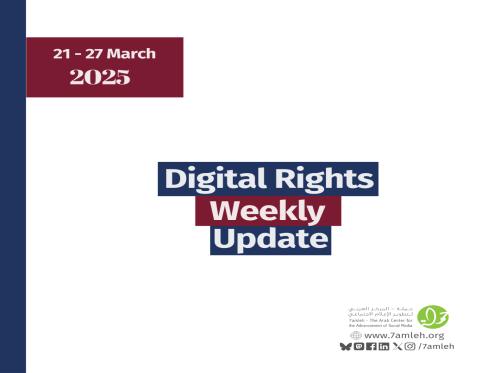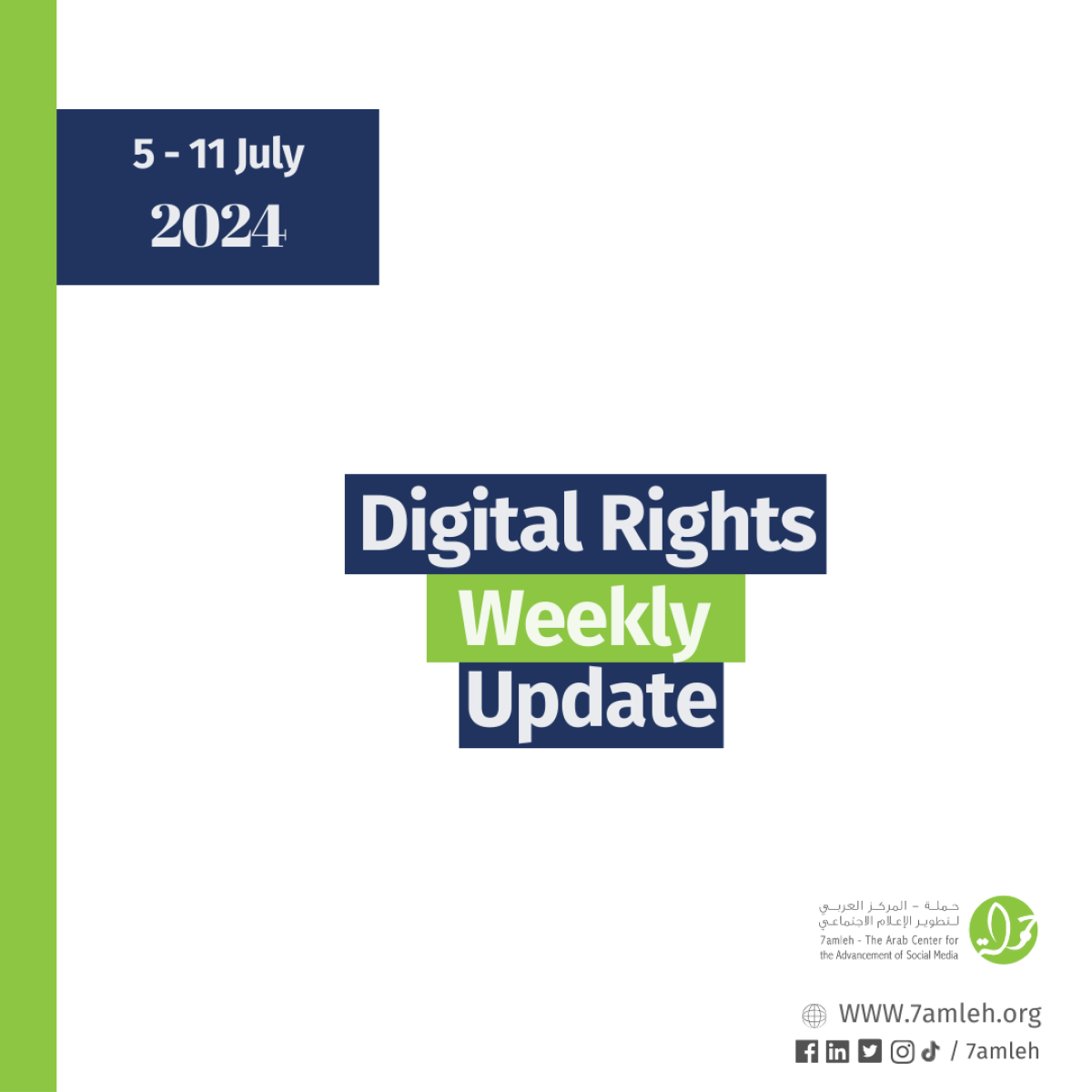
1.
Digital Rights Advocates Share Concern over Meta’s Updated Hate Speech Policy (English)
7amleh
7amleh, Jewish Voice for Peace, and our undersigned partners are disappointed by Meta's recent policy update, announced on July 9, 2024, due to the strong likelihood that it will lead to further conflation of the political ideology of "Zionism" with Jewish and/or Israeli identities under Meta’s Hate Speech Policy. Having a safe space for all people on Meta and other social media platforms should be their top priority and responsibility. This includes the removal of harmful dehumanizing, or violent content directed at any community. Unfortunately, Meta and Facebook have not adequately protected Palestinians from hate speech in the last decade, which has manifested in millions of conversations inciting violence and genocidal rhetoric during the last nine months of the Israeli war on Gaza.
2.
Digital Diplomacy and Conflict: The Israel-Palestine Social Media War (English)
Modern Diplomacy
Social media platforms such as TikTok, Instagram, and Twitter have become major forums for the struggle for narrative dominance, with both sides seeking support and the ability to shape public opinion worldwide. While social media has raised voices and highlighted injustices, it has also spread disinformation and widened divides. This essay contends that social media has a dual effect on the Israel-Palestine conflict that is both threatening and beneficial, posing both major obstacles and a source of hope, and would be further analyzed using the realism and liberalism theory of international relations.
3.
Alquds Newspaper
Palestinian content on social media platforms faces major challenges in reaching a global audience due to many procedures followed by these platforms. These methods range from removing posts, suspending accounts, restricting interactive features, shadowbanning, manipulating algorithms, and restricting access to accounts. These measures aim to reduce the spread of Palestinian content and documentation of violations, which hinders freedom of expression and reduces access to real information to the public.
4.
Refusing the Language of Silence: Palestinian Resistance Goes Digital (English)
Counter Punch
It’s an increasingly familiar contradiction: digital platforms that position themselves as an accessible alternative to corporate media emerge as new censors in their own right. Social media and the internet make it possible to disseminate material that would otherwise have been suppressed, thereby helping to bring alternative conversations to the fore of mainstream awareness. And yet, for all of their hype and propaganda, the parent companies of these popular digital platforms are no less dedicated to the preservation of an imperialist status quo than their institutional predecessors, with all of the attendant silencing and repression this entails.
Related Articles
Subscribe to Our Email Alerts
And stay updated with our latest activities, news, and publications!

